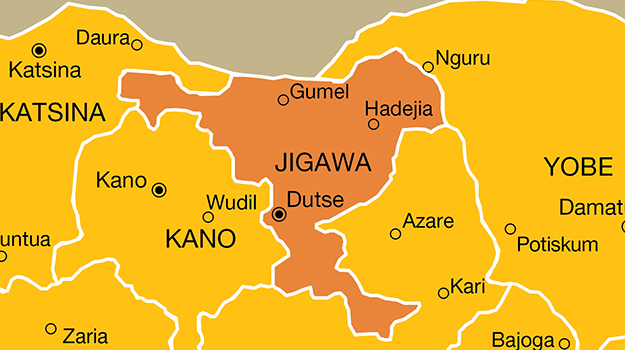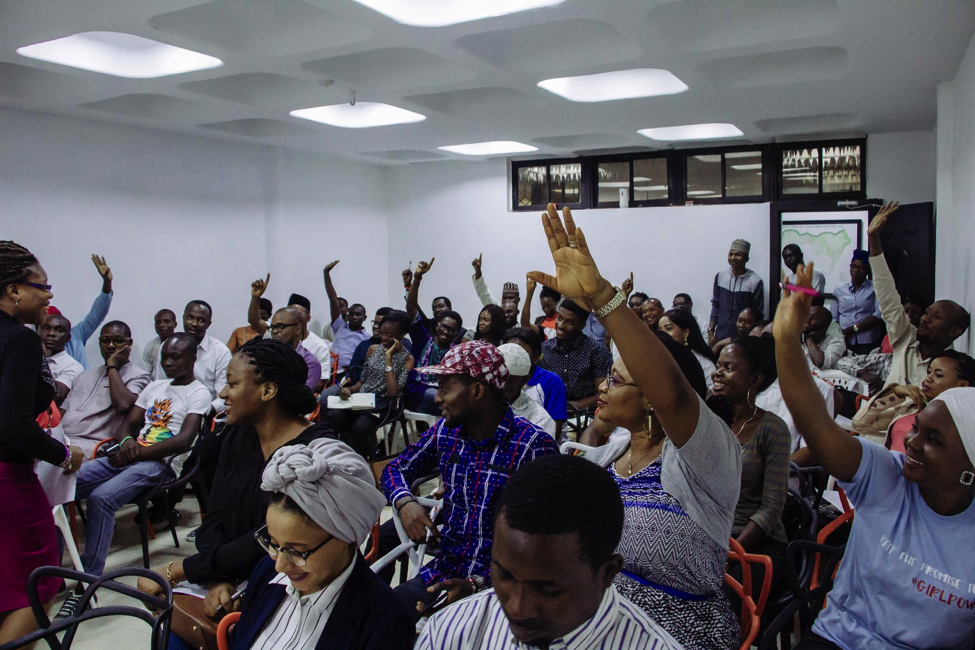BY AYIBAKURO MATTHEW
Over the last week or so, there has been heightened interest amongst Nigerians about the use of the most recently repatriated $322.5 million Abacha loot. The questions raised around the issue include the choice of using the money for the conditional cash transfer programme of the Federal Government, the choice of states benefitting from the programme, the usefulness of a monthly transfer of N5, 000 to poor Nigerians and concerns about the re-looting of the funds.
It is significant to note at the onset that the concerns of most Nigerians about the use of the $322.5 million for the conditional cash transfer programme, instead of a legacy project with more visibility and impact, is both valid and understandable. However, the use of the funds for cash transfers is an outcome of months of negotiation that enabled the repatriation of the funds in the first place.
The court order in Switzerland that commenced the repatriation process was made conditional on the involvement of the World Bank in supervising the use of the funds to prevent their mismanagement and re-looting, as has been the case in the past. To enable the mandatory involvement of the World Bank in the process, the money had to be used in a subsisting programme of the Bank in Nigeria to enable it to use its existing monitoring and broader institutional resources to monitor the use of the funds. Since the Bank already had a social investment programme running in the country, the decision was taken to channel the funds to the cash transfer component of this programme. This would also mean that the funds would be “used for the benefit of the people of Nigeria”, which was another condition in the MOU.
Advertisement
The use of the funds for the cash transfer programme is therefore largely a result of the pre-conditional involvement of the World Bank. The conversation now needs to move beyond this to ensuring a transparent, accountable and equitable use of the funds for the designated purpose; providing safety nets for the poorest amongst us. It is worth noting that this objective to use the funds transparently and accountably would be no less expedient if the funds were used for a legacy project, especially in the light of the issues of corruption that continue to plague such projects in the country.
The beneficiaries of the cash transfer programme are households contained in the National Social Register which is developed by the National Social Safety-Nets Coordinating Office (NASSCO) in collaboration with and support from the World Bank. This register is built employing three targeted mechanisms to identify poor and vulnerable people across the country. These include Geographical Targeting (using a poverty map of existing classifications of poverty across all states of the Federation), Community-Based Targeting (using community members and leaders to decide local eligibility for the poorest and vulnerable households in their communities) and Proxy Mean Test (using observable household individual characteristics such as location and quality of the household’s dwelling, education and occupation of its adult members).
It is the households identified through these processes and included in the National Social Register that are eligible to receive the cash transfers from the National Cash Transfer Office (NCTO). Available information indicates that about 20 states are currently benefitting from the cash transfer programme and that plans are in place to ensure that all 36 states and the Federal Capital Territory are included by the end of July 2018. The inclusion of States in the programme is dependent on the readiness of the social register for each state following the processes described above, and the state government providing basic infrastructure and manpower for the implementation of the programme in the State. Unfortunately, certain states have been slow in fulfilling the latter condition, whilst the NASSCO has also been unable to complete the process of getting the social registers for all states ready in satisfactory time. More work and advocacy is obviously required in this regard.
Advertisement
The question of the usefulness of N5,000 to help poor households is one that has been of major concern to many Nigerians since the introduction of the cash transfer programme. The relevant institutions of government implementing this programme such as the NCTO and the National Social Investment Office (NSIO) have rationalized this amount by reference to empirical research which informed the choice and the real impact being made by the amount on the ground. Reference has also been to other donor-funded cash transfer programmes in certain parts of the country with similar sums that have had an obvious positive impact on poor people.
Whilst this question appears logical in the light of the economic realities in the country and the rate of inflation, it is equally important to have a cautious and open-minded approach towards a programme of this nature. Since these funds are supposed to be transferred to the poorest in the country, it is important that, rather than viewing the potential impact from our own perspectives, we consider the perspective of the targeted beneficiaries themselves. In the midst of all these issues, the most important factor that has led us here is the lack of an established legal and institutional framework for the recovery and management of looted assets. Exerting our efforts in trying to undo most of what has been done so far with regard to the current tranche of repatriated $322.5 million will achieve little if a framework built on transparency and accountability is not established.
Going forward therefore, our interest as Nigerians will be best served in proactively monitoring the use of these funds for the purpose for which they have been appropriated to ensure that the money actually gets to the poorest Nigerians. Our role as citizens and civil society in monitoring this process is prominently recognised in the MOU signed for the repatriation of the funds, providing a strong foundation for doing so. Furthermore, we should leverage on the awareness and momentum created by the return and use of these funds to advocate for the passage of the Proceeds of Crime Bill and other complementary legislation that will establish the requisite institutions and enhance the overall framework for the recovery and management of looted assets in Nigeria.
Dr. Matthew is research and policy director, ANEEJ.
Advertisement
Add a comment






